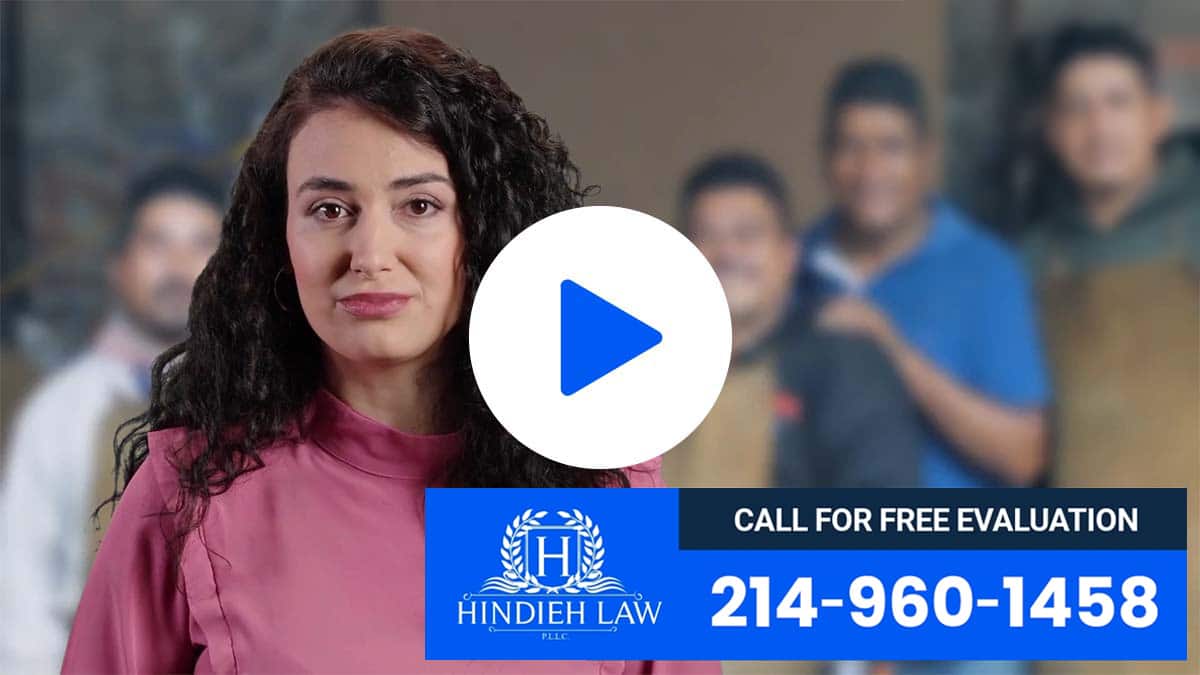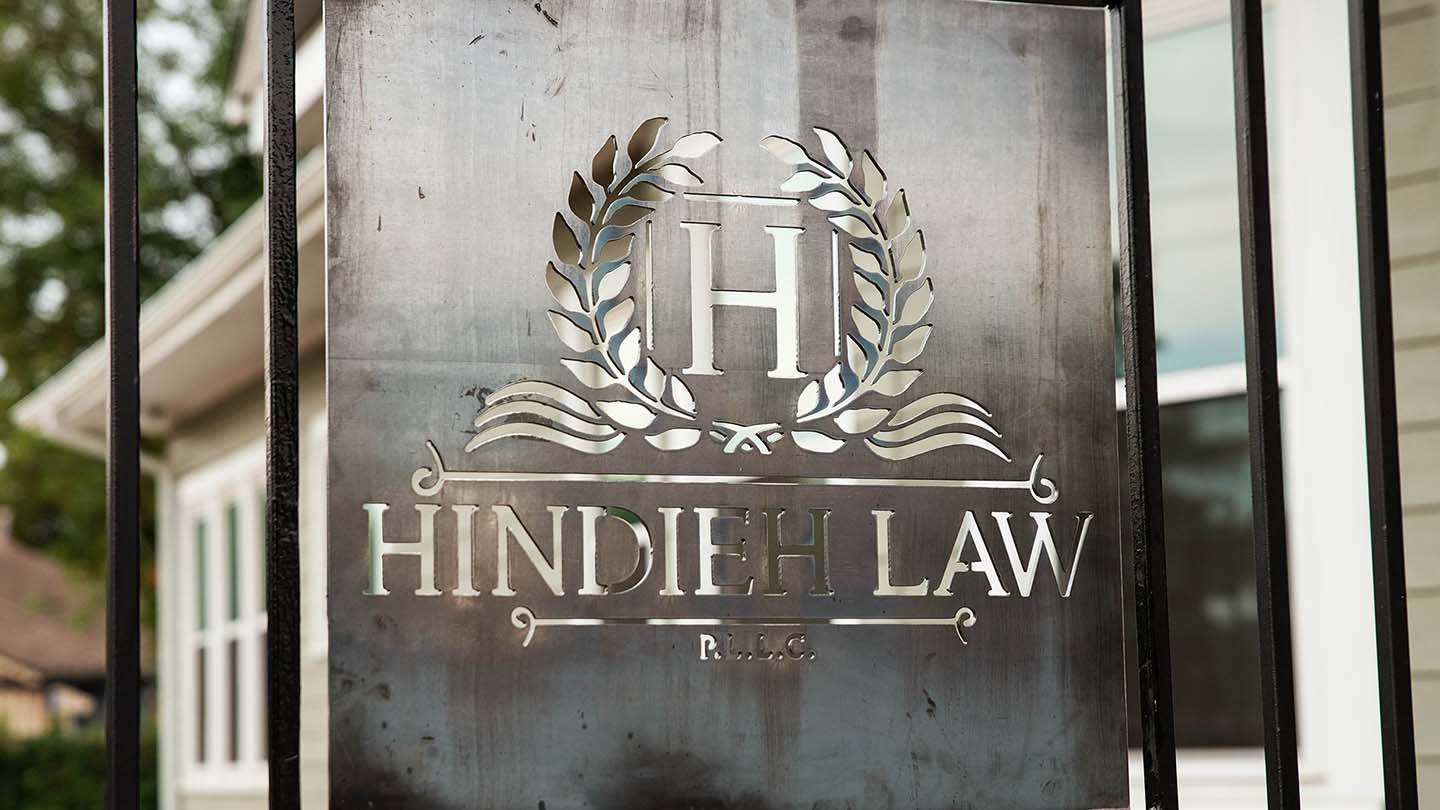Have you been accused of or arrested for violating your probation in Dallas county? You should contact and obtain the services of a qualified probation violation lawyer that can help you turn yourself in, protect your rights and negotiate with judges and prosecutors to try to reduce potential penalties, including jail time.
Types of Probation
Texas offers two types of probation:
- deferred adjudication community supervision (aka “deferred probation” or “deferred”)
- judicial community supervision (aka “straight probation”).

Deferred Adjudication: Getting Community Supervision
Some Defendants are offered what is known as Deferred Adjudication Community Supervision, or Deferred Probation. If you accept deferred adjudication through a plea bargain, you must plead guilty to your criminal charge. Although a judge will make an express finding that there was sufficient evidence to find you guilty, the Judge will defer a finding of guilt (conviction) and place you on community supervision for a period of time.
Deferred Adjudication has many advantages, particularly that if you successfully complete the deferred adjudication probation, you will ultimately receive a dismissal from the Court. At this point, you may eligible for a Nondisclosure proceeding, which can seal your criminal record and prevent government agencies from releasing your information to third parties.
If in the unfortunate event that the State feels that you violated any of the terms outlined in your deferred adjudication probation, the State will automatically file a document known as a “Motion to Adjudicate Guilt”, which allows the court to apply the full range of punishment for the defendant’s particular criminal offense and a final conviction on your permanent record.
Straight Probation: A Way To Avoid Incarceration
Other Defendants are placed on what is known as Community Supervision, or Straight Probation. Straight Probation is much like deferred adjudication with respect to the terms and conditions. However, a major difference is that a defendant is found guilty of the crime charged and a definitive sentence is imposed. That sentence, however, is suspended, and the Defendant is then placed on probation for a specified period of time. Straight probation is a way to avoid jail time.
As with deferred adjudication, any violation of the terms and conditions outlined in your probation will jeopardize your future. In these situations, the State will automatically file a document known as a “Motion to Revoke Probation.” Should the Court find that you violated the terms and conditions of probation, and find that your probation should be revoked, the Court is limited to that definitive sentence previously imposed, which may include significant jail or prison time. While a judge may decide to give less time for the probation violation, he or she cannot exceed that original sentence. Straight probation is a possible solution to avoid jail time.
Violations of Probation
- Being charged with a new crime while on probation
- Failing to report to your probation officer
- Failing to appear in court on scheduled date
- Failing to pay fines and court fees
- Failing to comply with a court order
- Failing to perform mandated community service
- Failing to take mandatory drug tests
- Testing positive for drug and alcohol use
- Failing to get court-ordered treatment or counseling
- Associating with known criminals
- Failing to maintain gainful employment or a steady job
- Failing to abide by any court-ordered curfew
- Failing to maintain a residence in the County of the probation precinct
- Traveling outside of the County without requesting a travel permit
Penalties for Probation Violations
When you are placed on probation, you are advised of the conditions of that supervision. Violating any of the terms or conditions of probation, whether intentionally or by accident, could subject you to having your probation revoked. A judge will be asked to sign a warrant for your arrest and you may be kept in the County Jail pending the results of the violation hearing without bond. A judge has the authority to set bond, but the judge is not required to set a bond. As your lawyer, I can work with the court to possibly get a bond posted for a client or work with them on a potential amount reduced, if one is already in place.
Upon finding a probationer guilty of violating a condition of probation, a sentencing court may:
- Continue probation without punishment for the violation.
- Modify the conditions of probation or extend the period of probation.
- Revoke probation and sentence the defendant on the underlying offense.
Dallas Probation Violation Attorney
If you have been accused of probation violations or you know you have violated your probation in Dallas County or surrounding counties, you will need a knowledgeable and experienced Dallas probation violation attorney to evaluate your case and explore your options. 214 Release: Hindieh Law has experience with probation revocation cases and they can find all possible legal defenses to the charge to prepare for your defense to ensure the best possible outcome at your hearing.
Protect your rights – Call us at 214-Release (214.960.1458) for a free confidential consultation today.






